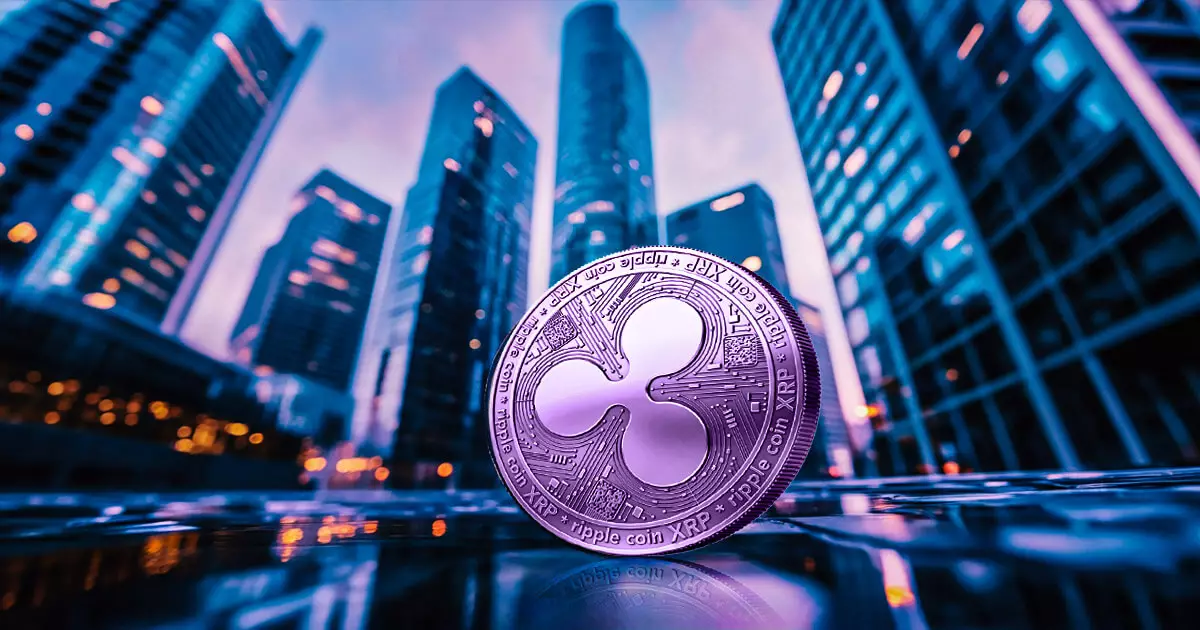XRP has emerged as one of the most discussed cryptocurrencies due to its innovative technology and strong ambitions for global financial integration. As it gains traction worldwide, buoyed by endorsements from regulatory bodies and initiatives aimed at greater adoption—including potential offerings like a Grayscale XRP ETF and CME XRP futures—its regulatory status in specific regions remains contentious. A significant focal point of concern is Hong Kong, a region that has seen notable developments in its cryptocurrency regulatory framework. Despite a favorable international climate for XRP, its absence from trading lists in Hong Kong raises eyebrows and questions regarding its compliance and future in this critical market.
On January 27, 2025, Hong Kong’s Securities and Futures Commission (SFC) made headlines by awarding licenses to the burgeoning crypto exchanges PantherTrade and YAX. These approvals marked the first issuance of crypto trading licenses in the region for the year, signaling a commitment to nurturing a robust digital asset ecosystem. However, in the context of these advancements, the SFC has only accredited a handful of cryptocurrencies for trading—namely Bitcoin, Ether, Avalanche, and Chainlink. The omission of XRP, despite its global popularity, has sparked speculation about the underlying motives and implications of such a decision.
The SFC’s stringent approach to crypto regulation requires that licensed exchanges comply with comprehensive anti-money laundering (AML) and counter-terrorism financing (CTF) protocols. To date, ten exchanges have successfully registered under these regulations, highlighting the rigorous standards that govern cryptocurrency trading in Hong Kong. Initially, the SFC had ambitious plans to license eleven trading platforms by the end of 2024, but these goals faced setbacks primarily due to extensive compliance checks. As of December 2024, four platforms received the green light, with regulators maintaining a close collaboration with exchange executives to ensure adherence to financial standards.
The conspicuous absence of XRP from Hong Kong’s approved list for trading raises pertinent questions about Ripple Labs’ ongoing legal challenges in multiple jurisdictions. While Ripple’s technology has seen widespread adoption across various sectors, regulatory problems may impede XRP’s progress in markets where clarity on compliance is paramount. The SFC has refrained from providing a transparent rationale for excluding XRP, leaving many industry observers wondering whether these legal troubles are the core reason for its omission. The uncertainty surrounding XRP’s regulatory status could hinder its potential market growth in Hong Kong, which is becoming an increasingly attractive hub for cryptocurrency trading.
As the landscape of cryptocurrency regulation in Hong Kong evolves, the road ahead for XRP remains fraught with challenges. While the cryptocurrency continues to gain acceptance on the global stage, its regulatory standing in hotspot regions could significantly influence its long-term viability. Investors are left pondering: Will Ripple’s legal hurdles be resolved, and will XRP eventually gain the recognition it needs to thrive in competitive markets like Hong Kong? As the situation unfolds, the consequences of these regulatory decisions will shape the cryptocurrency’s future trajectory in the region and beyond.

